Mission
The Greater Cleveland LGBTQ+ Community Needs Assessment aims to identify and address the most pressing needs of the LGBTQ+ community in the Greater Cleveland area through a comprehensive and inclusive community-led study.
Vision
Our vision is to create a better future for the LGBTQ+ community in Greater Cleveland by understanding their unique needs and working towards addressing them through community-led recommendations and partnerships. We also aim to expand this initiative beyond Northeast Ohio and become a national assessment for the LGBTQ+ community.
Purpose
Community needs assessments are a valuable tool for gathering and disseminating information about the health needs of a community. By conducting a comprehensive LGBTQ+ specific community needs assessment in Greater Cleveland, we aim to identify deficiencies in community services and resources, as well as potential interventions and investments that can improve the overall health of the LGBTQ+ community. This information will be used by key stakeholders within and outside of the healthcare sector to develop and deliver culturally competent services that address the unique needs of the LGBTQ+ community. This initiative is an essential step in ensuring that healthcare services are accessible, equitable, and effective for all members of the LGBTQ+ community.
Goals
- Increase awareness about public health as it relates to the LGBTQ+ community in Greater Cleveland
- Gather demographic data on the local LGBTQ+ population
- Describe the status of the local LGBTQ+ community holistically
- Develop a set of community recommendations based on participant input to inform future investments and decision-making for the local LGBTQ+ community
- Strengthen partnerships and inter-organizational collaborations within the local public health system
Values
- Inclusivity and diversity in every phase of the project
- Intentionally capturing inclusive data to avoid misrepresentation of marginalized populations
- Ensuring equitable distribution of resources
- Engaging community members outside of the traditional ‘gayborhood’
- Addressing the history of gentrification and exclusion in LGBTQ+ communities
We envision growing this initiative beyond Northeast Ohio to become a state-wide assessment for the LGBTQ+ community, addressing the unmet needs identified in this report. Moving swiftly from assessment to action is critical to ensure that this compilation of community input is utilized to its fullest potential by organizations committed to building a diverse and inclusive local LGBTQ+ community infrastructure that addresses the ever-changing needs of the LGBTQ+ community.
A Foreword and About the Program Director
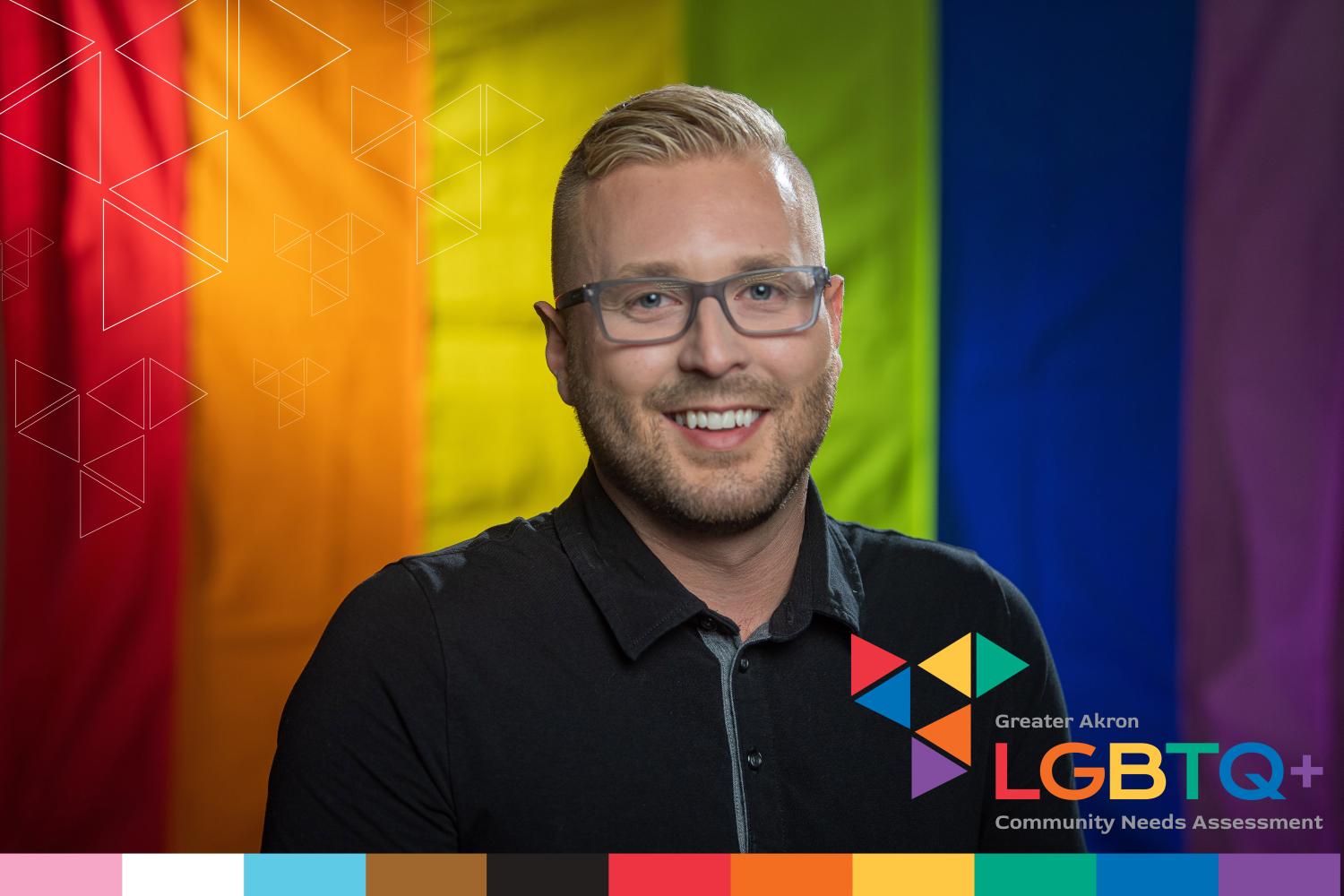
To say I am honored to have the opportunity to lead Ohio’s first series of LGBTQ+ specific community needs assessments is an understatement. I have proudly worked and advocated with the Greater Akron LGBTQ+ community for ten years, and branching out to Northeast Ohio is equally honoring. Finding the LGBTQ+ community was a turning point in my life. Growing up in Salem, Ohio, and working in the service of others through organizations such as Interact and Key Club is where my passion for community work was born.
This project would not have succeeded if it were not for the countless LGBTQ+ community members, leaders, stakeholders, organizers, allies, and advocates who provided unwavering support and help to connect the LGBTQ+ community members they tirelessly serve. You continue to welcome me into your circles and walk through this process with trust and openness; and the community and I thank you for that. We have indeed stood on the shoulders of giants who have fought long and hard to get our community to the place it is today.
Spending nearly two years investigating the disproportionate burden of physical, mental, and behavioral health, economic, legal, social, and political issues was an eye-opening experience that will stay with me forever. Facilitating community needs assessments forces me out of my comfort zone to confront many of the internalized homophobias, religious traumas, and queer baggage I have collected in my own experience of being a member of the LGBTQ+ community. This project allows me to enter a space every day to have difficult philosophical conversations about the most complex and dividing challenges we face in the local LGBTQ+ community by listening to the lived experiences of others and objectively documenting their needs.
Through this project, I am left with a new sense of self, countless new lifelong friends, a new appreciation for the unique beauty that is our unique LGBTQ+ community, and a sense of hope that we can and will be better tomorrow than we find ourselves today. Special thanks to those in my life for coaching, encouraging, and supporting me personally over these past two years.
As we know, it is not enough to stop with the completion of this assessment, as there is much more to be done. Moving swiftly from assessment to action is critical to ensure that this compilation of community input is utilized to build a diverse and inclusive local LGBTQ+ community infrastructure that addresses the ever-changing needs of the LGBTQ+ community.
Forever in Service,
Andrew M. Snyder BSN, MPH (he | him | his)

The Greater Cleveland Research Team
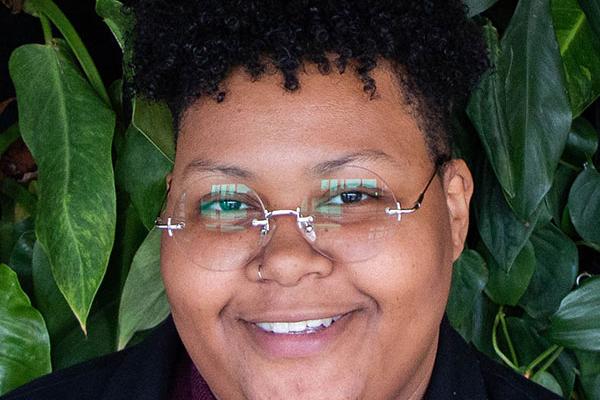
Jehlani White
Jehlani received a Bachelor’s in Sociology at Oberlin College. Passionate about community building and creating safe spaces for BIPOC and Queer communities since a young age, Jehlani is excited to continue building and uplifting communities in the Greater Cleveland Area. As a Mellon Mays Fellow, they studied the impacts of clothing, specifically using clothes as a language and a way to code-switch, have on queer students of color at predominantly white institutions. Upon graduation in 2019, they were a recipient of the Norm Robertson LGBT Activism Award. Prior to their move to Cleveland, Jehlani taught English as a Foreign Language, focusing on conversational English and American culture, in rural China through the Oberlin Shansi Fellowship. While in Asia, where sexuality is a taboo subject, Jehlani was privileged to be a mentor and support for many students looking for a queer-affirming spaces. Jehlani worked as the Program Manager at Plexus LGBT & Allied Chamber of Commerce, supporting LGBT+ business owners and professionals. Jehlani serves as a board member for Colors+, an LGTBQ nonprofit that serves youth in Northeast Ohio. They are a committee member for the Margie’s Hope Diversity Committee, focused on supporting, educating, and advocating for the BIPOC LGBT+ community and a College Now Mentor to support high school graduating seniors throughout college. They are excited to be a part of the Greater Cleveland Community Needs Assessment project and supporting their community.
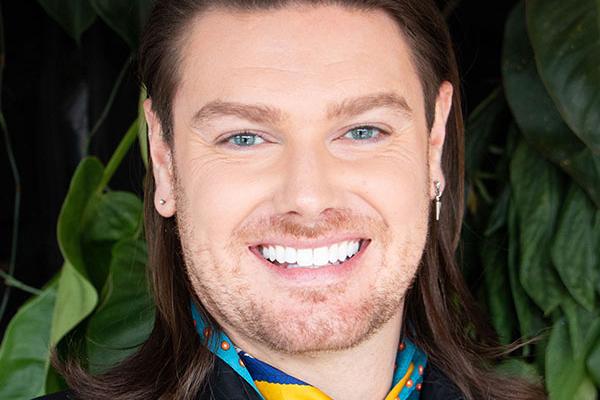
Ty Stimpert
Ty Stimpert has been working in cancer prevention and preventative health access for over 7 years. His focus on health equity in the LGBTQ+ population is where his passion lies. Ty’s approach emphasizes the need to address LGBTQ+ specific barriers, to provide culturally-appropriate care, and to advocate for policymakers to invest in initiatives designed to address inequalities in health care. His goal is to ensure healthcare access to diverse communities all around the Greater Cleveland area. Ty graduated from John Carroll University with a Bachelor’s Degree in International Business with Language & Culture and is currently pursuing his Master's in Public Health Kent State University.
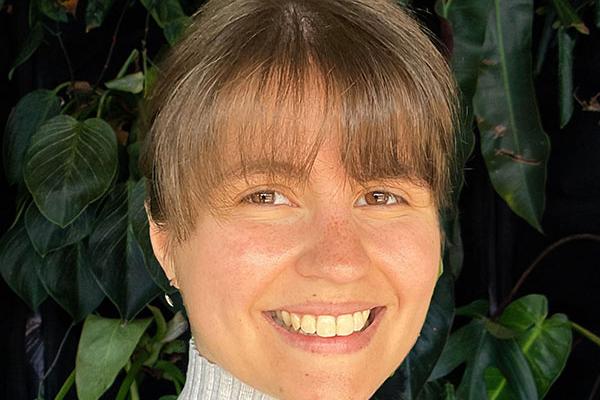
Alex DiDonato
Alex DiDonato is a master's student and graduate research assistant at Kent State University's College of Public Health. Alex graduated from KSU with a bachelor's degree in Community Health Outreach and Development and is now pursuing their Master's in Public Health at Kent State University, concentrating in Health Policy and Management. For the past seven years, they worked in a range of customer service and healthcare settings with diverse populations in Northeast Ohio. They are passionate about promoting and sustaining community-driven initiatives and interventions, specifically within the LGBTQ+ community. As an undergraduate student, Alex assisted with the data analysis phase of the Greater Akron LGBTQ+ Community Needs Assessment, and they have since continued as a core research team member for the Greater Cleveland LGBTQ+ Community Needs Assessment.
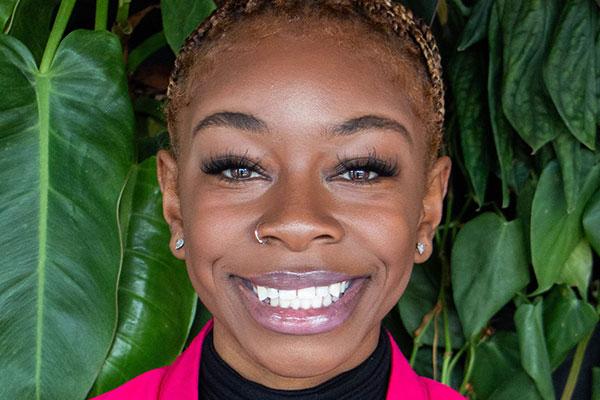
Erin Washington
Erin received a Bachelor of Arts in Psychology from Kent State University in 2020. Her time at KSU she was an undergraduate research assistant in the Program for Research on Anxiety Disorders among African Americans (PRADAA) laboratory under the supervision of Dr. Angela Neal-Barnett, and Dr. Yossef Ben-Porath’s clinical assessment laboratory. As an undergraduate research assistant in PRADAA, she took on the responsibilities of assisting with literature reviews, facilitating cognitive behavioral intervention projects, coding, and entering and analyzing data. This work led to the poster presentation "Examining the Utility of Sister Circle Based CBT Interventions with Black Pregnant and Postpartum Women" at KSU’S undergraduate research symposium. As an undergraduate research assistant in Dr. Ben-Porath’s clinical assessment lab, she administered and scored the Minnesota Multiphasic Personality Inventory (MMPI). She is now continuing her education at Kent State University, receiving a master's in public health with Epidemiology concentration. She is committed and dedicated to combine her previous research experiences and graduate level training to focus on health and socioeconomic disparities, equality and social justice within under-represented populations.
